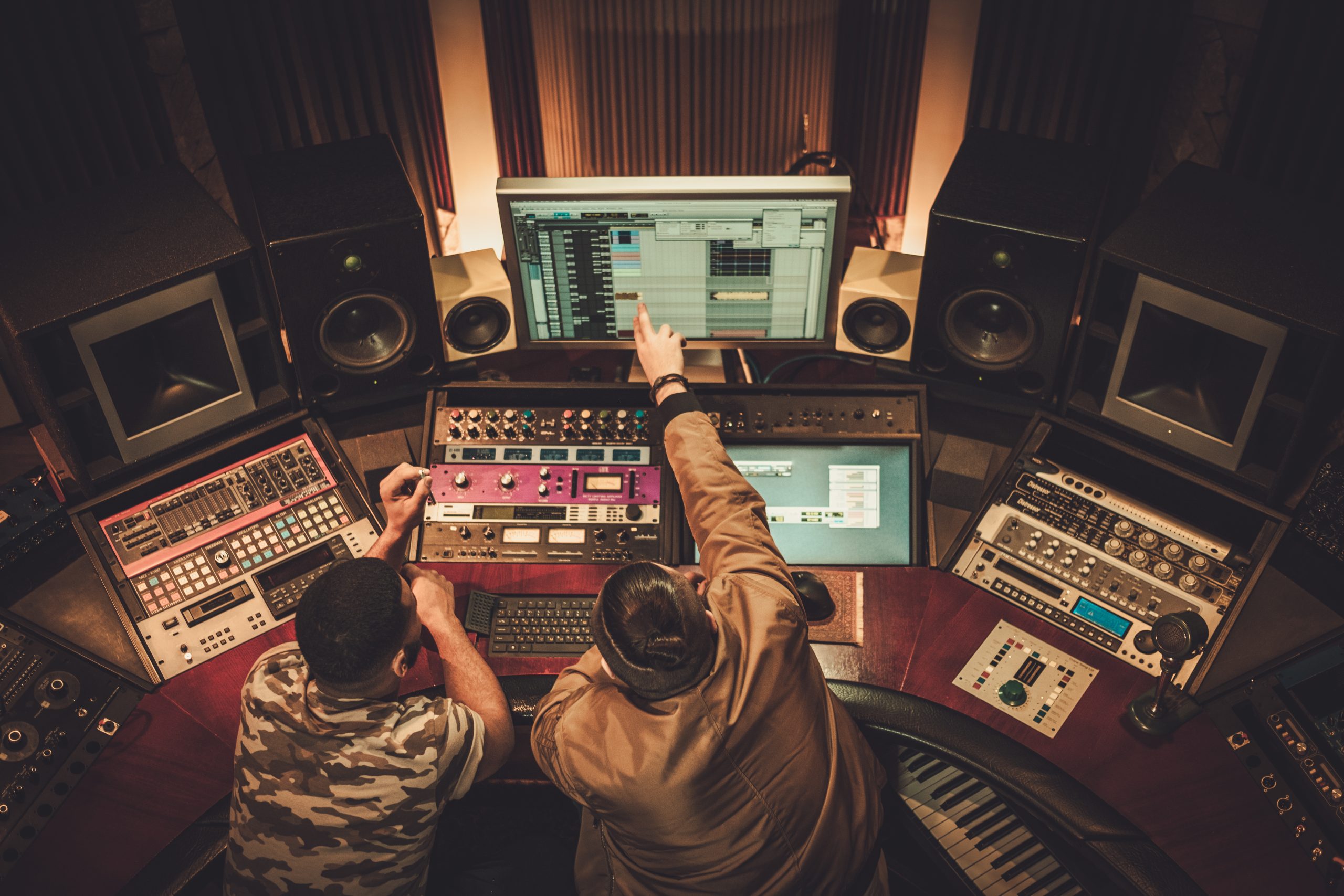
From copyright clashes to free speech battles, the realm of entertainment law is a captivating arena where law and creativity intersect. One pivotal case that has shaped this dynamic field is Luther R. Campbell v. Acuff–Rose Music, a case that underscores the significance of parody in the realm of copyright law.
In 1989, 2 Live Crew, a rap music group, released their album "As Nasty As They Wanna Be," featuring a track titled "Pretty Woman," which parodied Roy Orbison's classic song "Oh, Pretty Woman." Initially, the group’s manager had asked Acuff-Rose Music for a license to use Orbison’s melody, but they were refused. Nevertheless, 2 Live Crew recorded and released the parody anyways. Naturally, Acuff–Rose Music sued 2 Live Crew, arguing that the group’s parody constituted copyright infringement, leading to a legal showdown that would ultimately redefine the boundaries of fair use and artistic expression.
At the heart of the case was the question of whether 2 Live Crew's parody constituted transformative commentary protected under the fair use doctrine. 2 Live Crew contended that the song's use of Orbison's melody and lyrics was transformative, offering a satirical commentary on the original work and its portrayal of women. Acuff-Rose Music argued that the song’s commercial purpose disqualified it from fair use protection.
In a groundbreaking decision, the United States Supreme Court sided with 2 Live Crew, holding that “Pretty Woman” was protected by fair use because it was a transformative parody of Orbison’s “Oh, Pretty Woman.” In its deliberation, the court engaged in a nuanced discussion of parody versus satire, distinguishing between the two forms of artistic expression. While satire seeks to criticize or ridicule societal norms or individuals through exaggeration or mockery, parody takes a different approach, using elements of the original work to create a new, transformative commentary. Indeed, “Pretty Woman” had taken pieces of “Oh, Pretty Woman,” but the Court found that no more than necessary was copied, and that as a parody, the “heart” of the original song must be copied to properly invoke the work it is commenting on. Looking at the song as a whole, the Court found that 2 Live Crew had departed from the original work, and produced new, distinctive music.
Further, the Court emphasized that parody, when done in a transformative manner, enjoys heightened protection under the First Amendment and thus constitutes fair use—a crucial victory for artists seeking to engage in social commentary through their work.
By recognizing the unique role of parody in cultural commentary, the Court affirmed its importance as a vehicle for social criticism and artistic innovation, setting a precedent that continues to shape the legal landscape of creative expression. As we reflect on this seminal case, we're reminded of the importance of protecting creative freedom and fostering an environment where artists can fearlessly push the boundaries of expression.